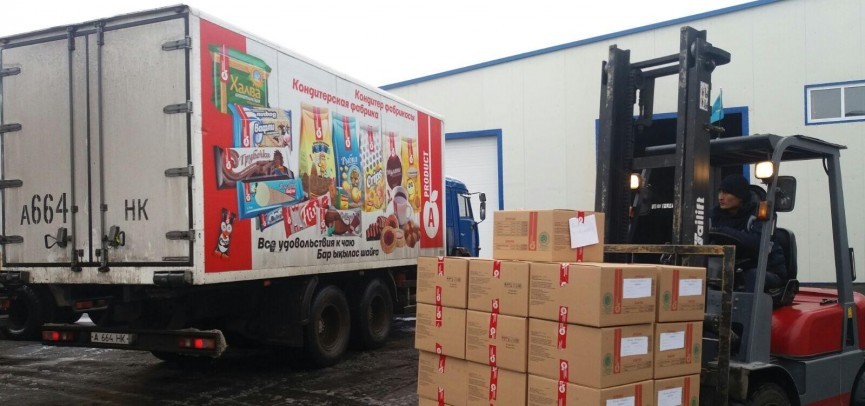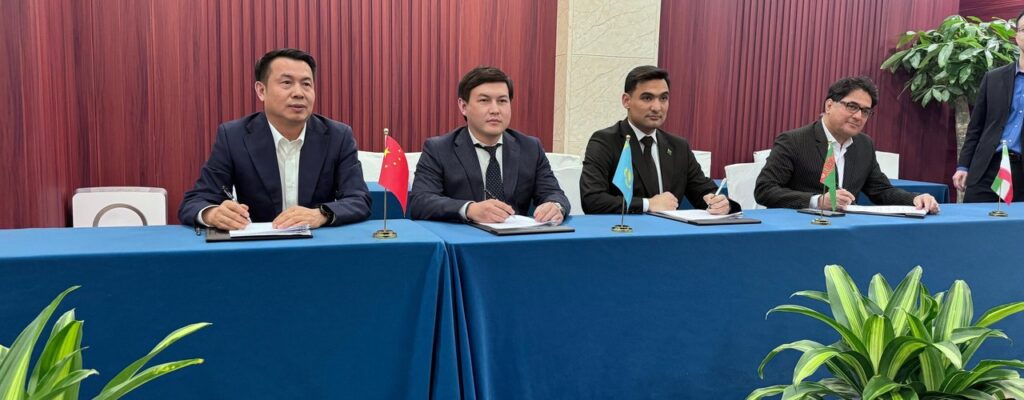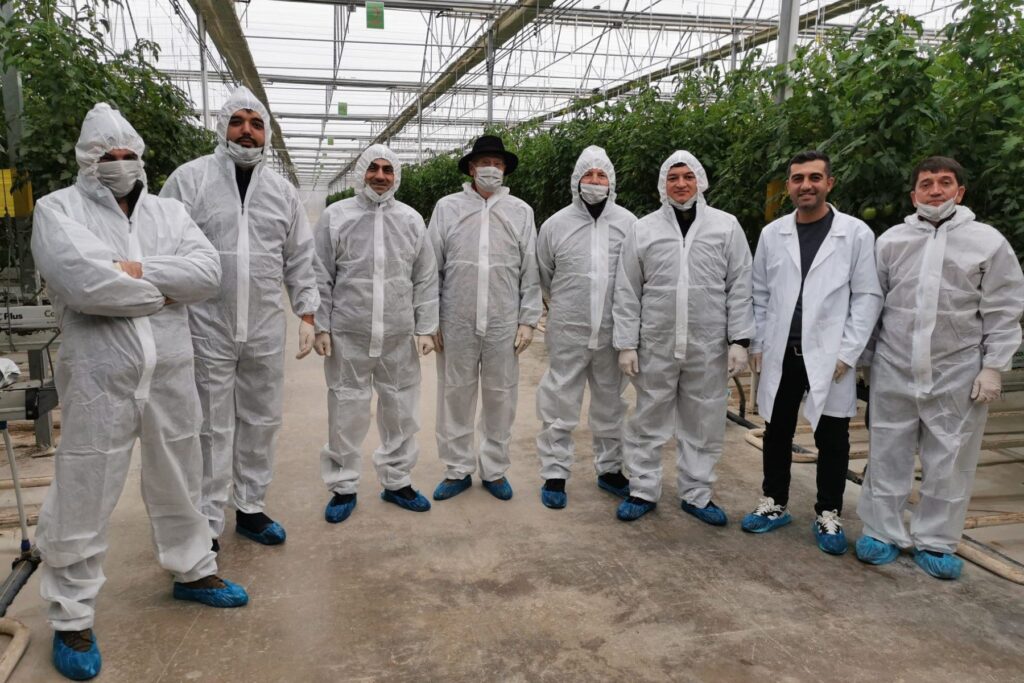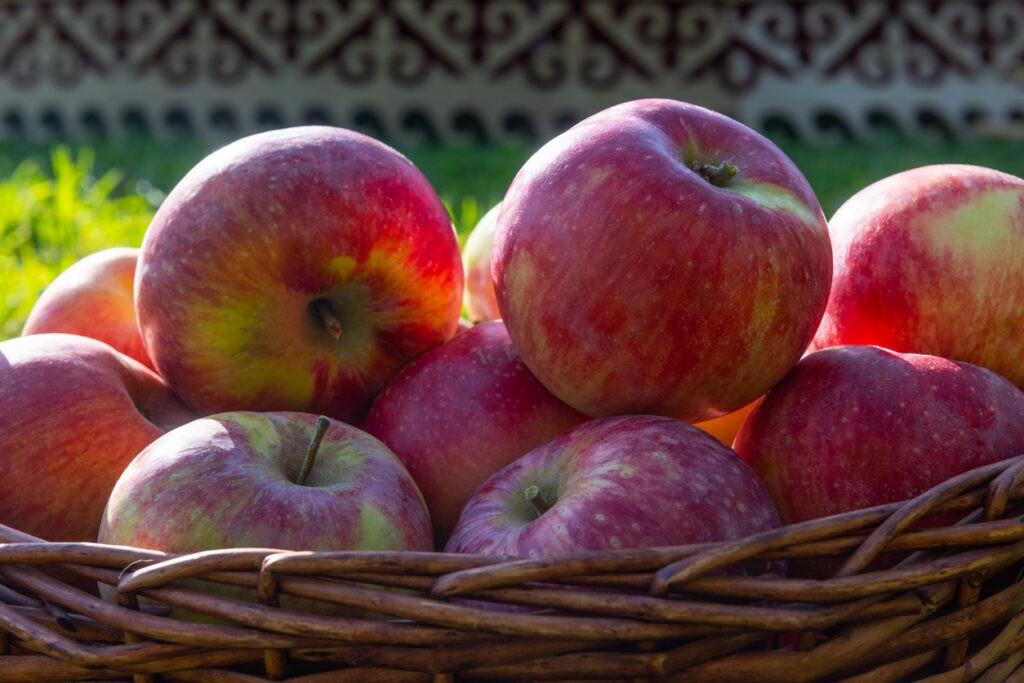ASTANA (TCA) — The Government of Kazakhstan and the Atameken National Chamber of Entrepreneurs of Kazakhstan have joined forces to promote the export of Kazakh agricultural products to the Chinese market, Atameken reported on its website.
In particular, the Kazakh Ministry of Agriculture is working on removing existing restrictions and barriers on the Chinese side. This past May saw the signing of a Joint Action Plan between the Ministry of Agriculture and the General Directorate of Quality Supervision, Inspection and Quarantine of China on phytosanitary requirements in the field of sanitary and phytosanitary cooperation of both countries. Currently, the Chinese authorized body has audited the veterinary system of Kazakhstan for the removal of restrictions and provision of access of Kazakh products to the Chinese market. An inspection of Kazakh enterprises will also be held in September to meet the requirements for export to China.
In this regard, the National Chamber of Entrepreneurs recently hosted a meeting with the participation of Kazakh Deputy Agriculture Minister Gulmira Isayeva, the business community and representatives of interested organizations.
Participants noted that the ongoing collaboration would make it possible to open the Chinese market for Kazakh entrepreneurs at the end of 2016.
Isayeva spoke about Kazakhstani products that are the most promising in China. “Today, the Chinese diet has changed, they give preference to proteins of animal origin, that is, they eat more meat. Here Kazakhstan can compete with Australia, Brazil, and Argentina from the organic point of view. China clearly recognizes this. We evaluated our forecast for exports and concluded that even at an early stage, we can supply 30 thousand tons of beef and 360 tons of lamb,” she said.
The deputy minister also said that Kazakh honey is very popular in China, as well as cereals, oilseeds, and vegetables.
The meeting paid particular attention to the licensing procedures for Kazakh producers seeking to export to China. “This is a complex procedure; Chinese requirements are sometimes tougher than international ones. But I think it is good for us, as our products due to their organic nature are more competitive compared with other suppliers,” the deputy minister added.









